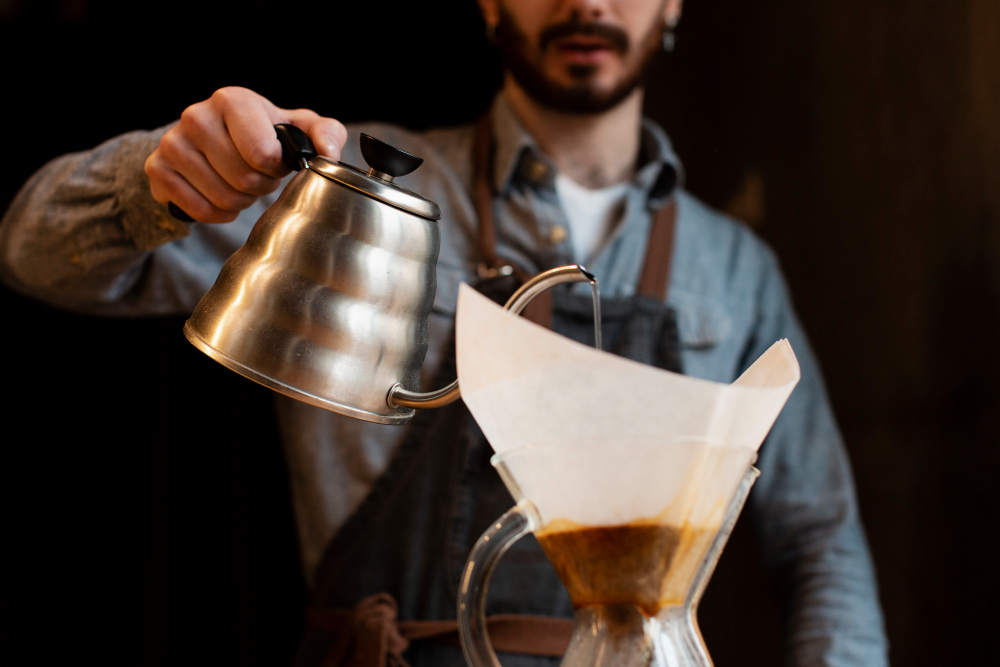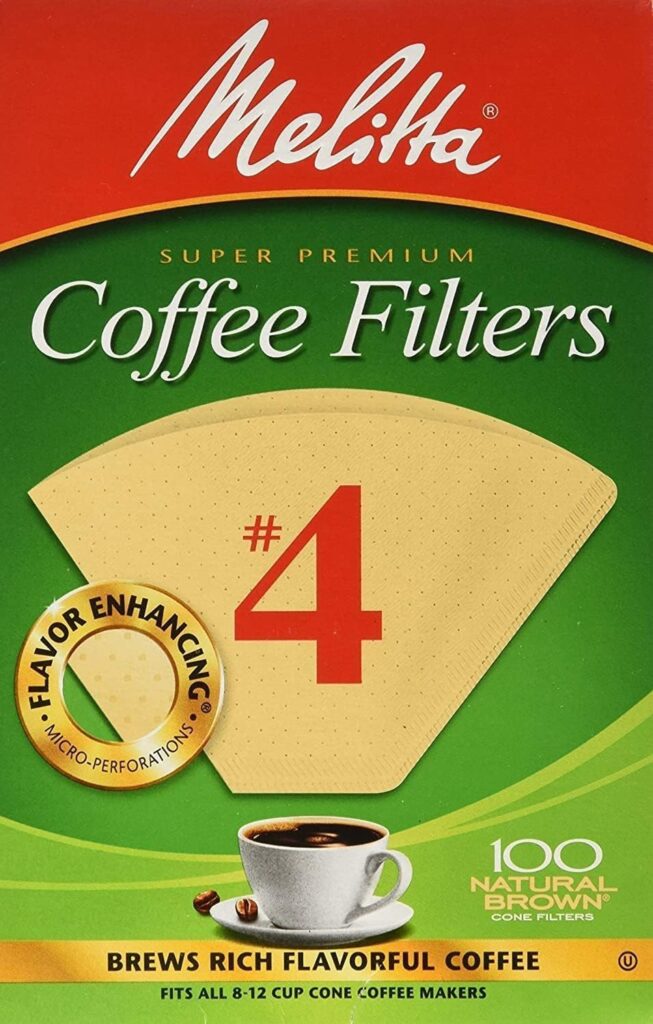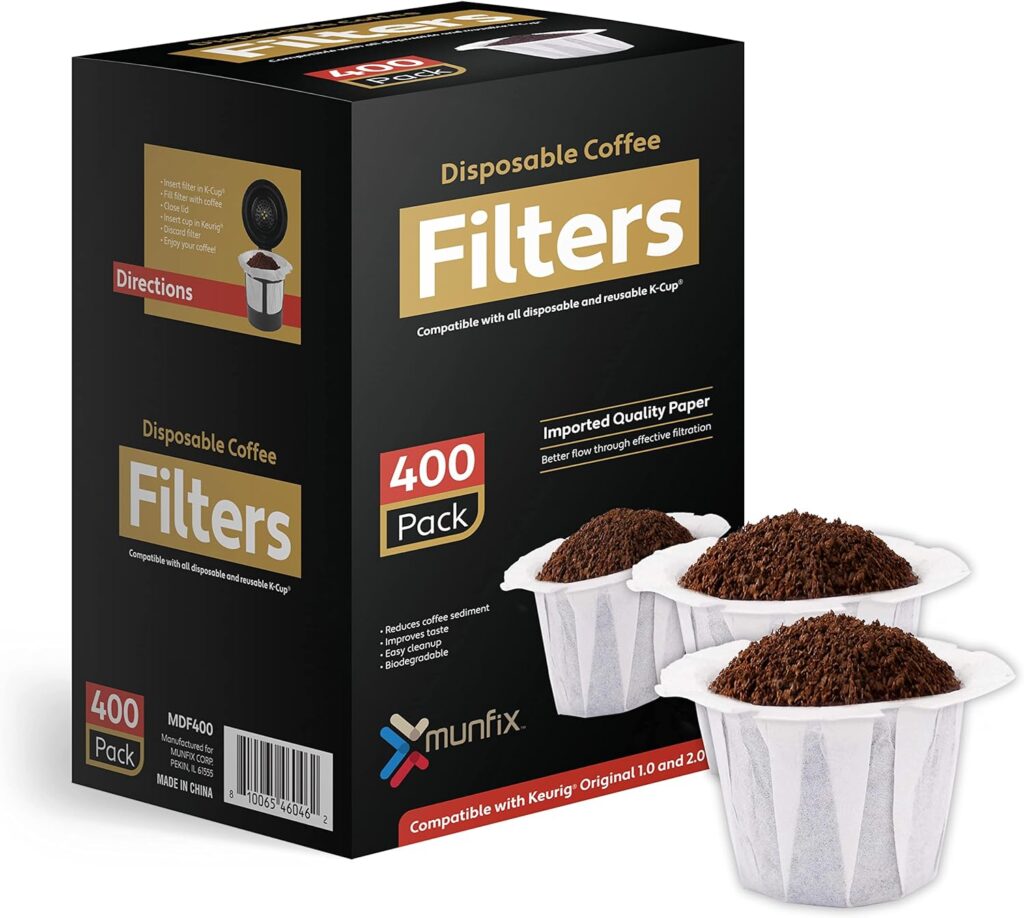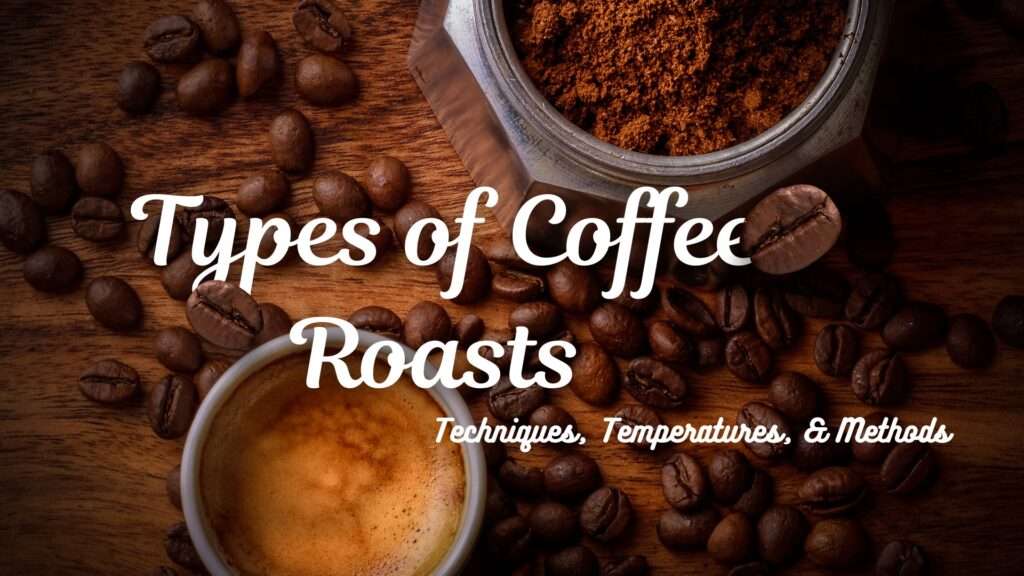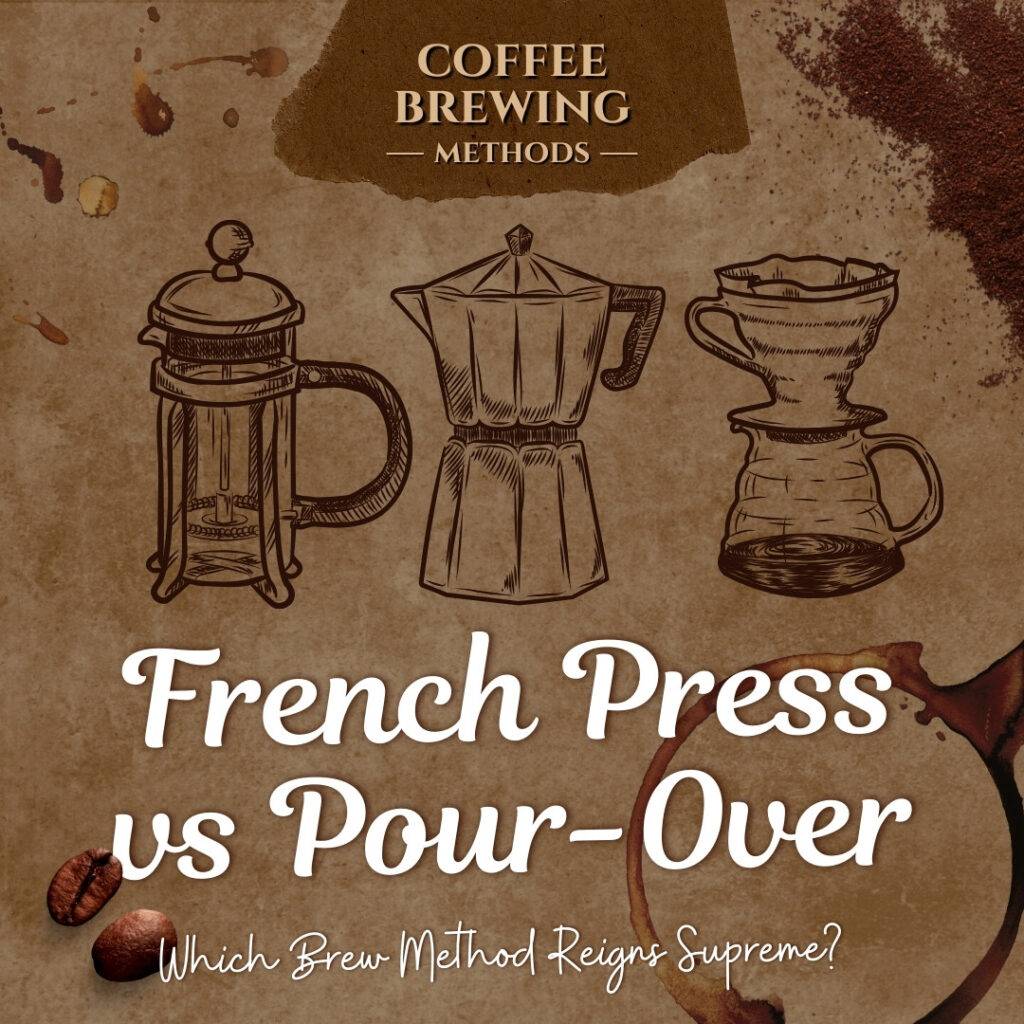Coffee filters are essential to our daily practice of making the right cup of coffee. The little bit crucial coffee filter offers a smooth, grit-free experience and improves the taste of your favourite beans. It is often ignored. This post will cover the many types of coffee filters, their benefits and downsides, and how to choose the best one for your needs.
Types of Coffee Filters
Paper Filters
Paper filters are the most often used option among coffee lovers. They are easy to use and throw away, resulting in clear, sediment-free tea. Some people fear they may taste papery if not thoroughly cleaned before use.
Metal filters
Often made of stainless steel or mesh, metal screens are more earth-friendly. They let oils and small particles pass through, giving the coffee a richer, more complex taste. However, they should be well-cleaned to avoid clogging, which might harm the quality of the coffee.
Cloth filters
Customers who care about the environment are increasingly picking cloth screens, often made of cotton or hemp. Reusable materials are a more eco-friendly option. Cloth filters may make excellent, pure coffee, but they darken fast and need regular cleaning.
Bunn Coffee Filters
Bunn coffee filters have an excellent reputation for longevity and quality. They are built of outstanding paper and are intended to contain sediment and bitter oils while allowing the coffee’s natural flavor to shine through. Bunn filters are available in several sizes to match a wide range of Bunn coffee machine types, ensuring a perfect fit and consistently excellent brewing results.
Melitta coffee filters
They are yet another popular choice for coffee lovers. It’s well-known for its reliable operation and superior filtering; they are made from oxygen-bleached paper to ensure cleanliness and taste balance. Melitta gives several brewing choices, including basket-style and cone-shaped filters.
To Buy:
A coffee filter holder
A coffee filter box is a helpful item that keeps your filters handy and organized. Using a stand for your coffee filters helps ease your making process and reduce mess on your kitchen table, whether you use Bunn, Melitta, or other brands. Wall-mounted racks, closet organizers, and desk bins are all choices for finding the best answer for your area.
4 coffee filters
Aside from Bunn and Melitta, several other coffee filter makers are offered. Several choices are available, from throwaway paper filters to reused metal mesh filters. When choosing coffee filters, consider size, form, material, and compatibility with your coffee maker to ensure a perfect fit and the best brewing results.
How to Choose the Right Coffee Filter
When choosing a coffee filter, consider your making method and personal tastes. Paper filters are appropriate for drip coffee machines, while metal filters are ideal for pour-over and French press processes. Cloth filters provide a solution by making a healthy brew with little waste.
Tips for using coffee filters
To get the most out of your coffee filter, follow these tips: To ensure equal extraction, carefully fold the filter and put it into your brewing system.
Could you give your paper filters a full pre-rinse in hot water to remove any remaining paper taste and prepare your brewing equipment?
Common mistakes to avoid
Avoid the following common mistakes while using coffee filters: An improper filter size might result in weak or excessive extraction. Failure to prewet paper filters may result in a reduced taste profile and uneven drainage.
Innovations in coffee filter technology
Technological improvements in coffee filters have led to the development of recyclable and reused filters. These improvements aim to provide eco-friendly options that maintain taste while minimizing waste.
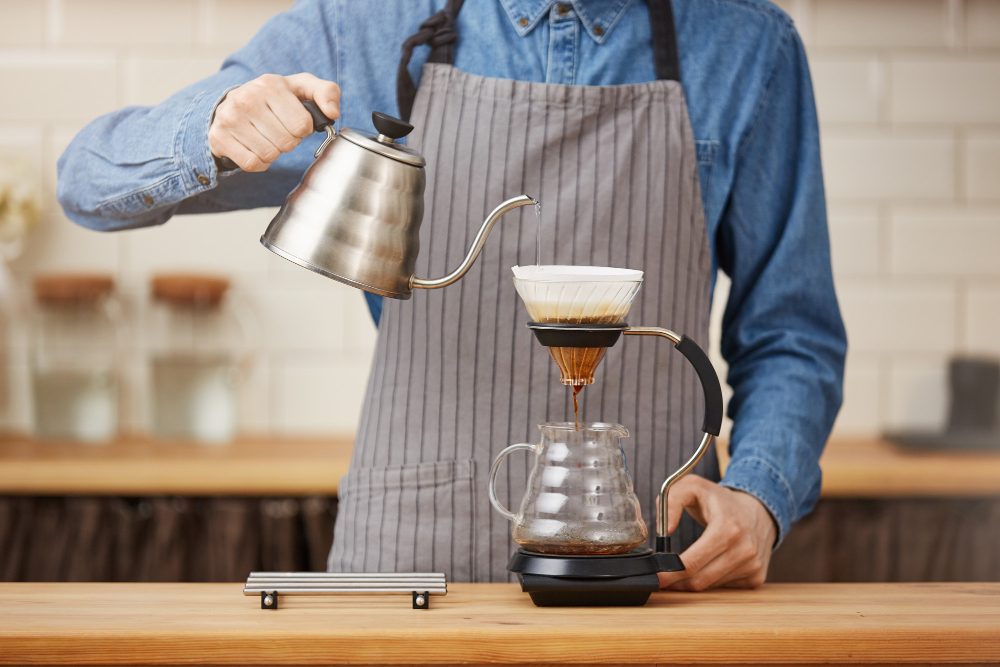
Image by cookie_studio on Freepik
DIY coffee filter alternatives
You may use everyday household items like cheesecloth, fine-mesh sieves, or even clean socks to make coffee on the go. While these DIY methods may be more challenging than standard filters, they may make decent coffee.
The Environmental Impact of Coffee Filters
Many individuals seek reusable coffee filters since single-use filters contribute to garbage. Although reused filters are more expensive, correctly dumping coffee grounds reduces your environmental impact while having guilt-free drinking.
Conclusion
Choosing the right coffee filter is essential for making the best cup of coffee. Whether you prefer the sturdiness of metal filters, the movement of paper filters, or the environmental friendliness of cloth filters, there is a filter for every taste and brewing method. By following the directions in this piece and avoiding the common mistakes, you may improve your coffee experience while saving waste.
To Buy:
FAQs:
1) How often should I change my coffee filter?
Throwaway filters should be changed after each use to ensure maximum performance and reuse filters should be cleaned frequently.
2) Can you use paper towels for coffee filters?
Yes, you can use paper towels as substitute coffee filters in a pinch, but they may provide a different level of filtering and give the coffee a small, papery taste.
3) Are coffee filters biodegradable?
Since most paper coffee filters are made of natural materials like paper pulp, they are indeed recyclable and an environmentally-helpful option for removal. It is essential to check the product specs because some filters can contain whitening agents or chemicals that damage their biodegradability.
4) What can I use instead of coffee filters?
You can replace traditional paper coffee filters with reusable metal mesh filters, cloth filters, or a fine mesh sieve or cheesecloth.
5) Do you think I can make coffee using paper filters once more?
Reusing paper filters will not improve your coffee’s quality because they may break quickly and become brittle with repeated use.
6) Are coffee filters compostable?
Yes, paper or cloth coffee filters may be recycled as long as they don’t include any metal or plastic contaminants. Mix them with coffee grinds in your trash bin for an environmentally friendly removal.
Click on topics to read more about them


